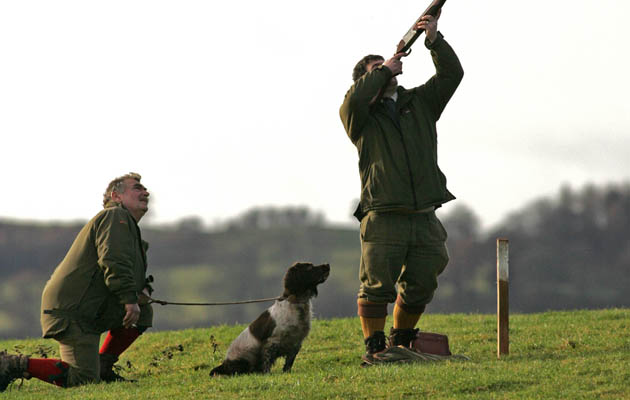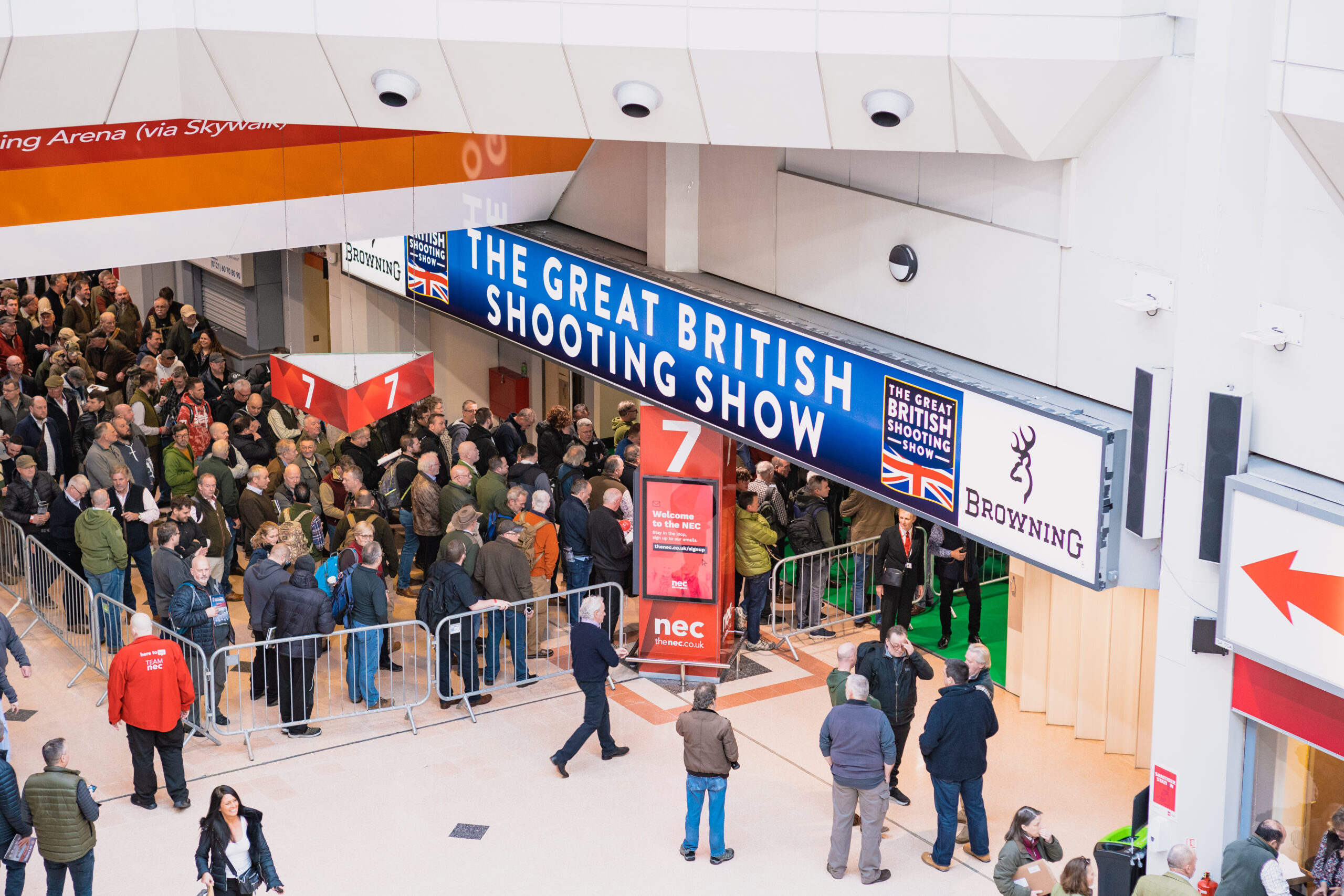Does scientific bias affect shooting?
BASC chief executive Richard Ali explains how innate prejudice against shooting can lead to scientific bias

A few years ago I listened to a lecture by American biostatistician, Professor David Allison. In his talk he warned of the dangers of what he called “white-hat bias” and its effect on objective, evidence-based policymaking. It might sound odd, but I was completely transfixed as he described the ways that bias could ultimately lead to bad decision-making — and unintended consequences.
It was Professor Allison and Dr Mark Cope who coined the phrase in relation to obesity research. They defined it as: “bias leading to the distortion of information in the service of what may be perceived to be righteous ends”*. Many of you will be wondering what on earth this has to do with shooting but the answer is simple… plenty.
We all know that evidence-based, evidence-led and evidence-driven policymaking is a critically important part of ensuring good policy. Without sound evidence we can easily end up with policy that’s driven by misunderstanding, at best, and prejudice at worst.
Policies that harm shooting, conservation and the countryside
There are plenty of examples where those prejudiced against shooting feed off the misunderstandings of others to suggest policies that harm shooting, conservation and the countryside. Commentator George Monbiot’s recent tirades in The Guardian against anyone who shoots are classic examples.
But the real concern isn’t from ill-informed commentary in the media — after all, blatant extremism shouldn’t form any part of the decision-making process in a democracy. No, the danger comes when poor evidence, incomplete data and partial statistics masquerade as the genuine article.
Please indulge me for a few moments. Scientific studies involve setting hypotheses, collecting data objectively and conducting numerous analyses, allowing for the effect of both different variables and methodologies. Researchers should then report what they consider to be the most soundly based findings. Unfortunately though, the choice of what is included may be influenced by subjective factors.
Every parent knows of the worry generated by Andrew Wakefield, the discredited doctor whose article in The Lancet sparked the MMR vaccine scare more than 15 years ago — the effects of which are still being felt today. Just as the media prefer a powerful exposé, careers can be built on publishing a set of eye-catching results. Imagine what happens if researchers see their role as championing a “good cause” (in their eyes) — you can quickly end up with white-hat bias with an emphasis on bold statements rather than on getting it right.
White-hat bias
Geoffrey Kabat, a cancer epidemiologist at the Albert Einstein College of Medicine, notes that the replication of results is essential to science and that without replication we can be left with false and unverified results that persist unchallenged. He went further, stating that the “tolerance of false results is much greater in relatively ‘soft’ sciences, such as epidemiology, where a different culture prevails”.
To his list I would add the poorly designed pilot studies that some quasi-policymakers seem to believe provide robust evidence. Durham Constabulary’s recent pilot study on firearm licence applications (though voluntary) is a reminder of the latter.
Whether the subject is wildlife management, firearm licensing or lead ammunition, policymakers have a duty to adhere to policymaking based on sound evidence and the principles of good regulation. Groups charged with reviewing previous analyses must be proactive in guarding against white-hat bias. Personal opinions and ideology have no place in scientific assessment. Organisations that promote and protect shooting must have both the expertise and the courage to challenge those who fail to meet these standards.
We must not let the self-righteous impose their biases through a constant refrain of “something must be done”.
Poor evidence makes for bad decisions
All policy and regulation must be based on sound and robust evidence. Poor evidence makes for bad decision-making and can also make for unintended consequences — environmentally,
socially and economically. We must strongly resist them where these affect shooting and conservation.
Indeed, as shooting bodies we must also actively promote sound science and robust evidence. This is one reason why BASC and our colleagues in 16 other organisations came together in partnership to fund Cambridge-based independent consultants PACEC to evaluate shooting’s contribution to our economy, our environment and our well-being. The study is well advanced and the partnership aims to publish the report later in the year.
There is no doubt that the report will inform the elections that will soon be upon us. The report will also help us to challenge those who make outlandish and unsubstantiated claims, those who use prejudice as a pretext for unjustified, ill-considered and unnecessary regulation and those studies, reports or recommendations that have fallen prey to the dreaded spectre of white-hat bias.
*International Journal of Obesity 34, 84-88 (January 2010)








